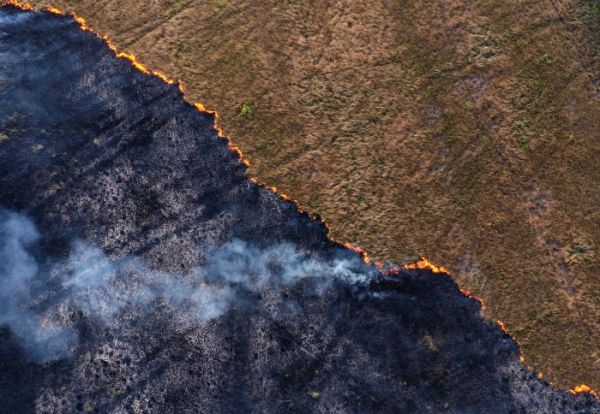The researchers say this is a big step in tackling smouldering peat fires, which are the largest fires on Earth. They ignite very easily, are notoriously difficult to put out, and release up to 100 times more carbon into the atmosphere than flaming fires, contributing to climate change.
The fires, known as ‘zombie fires’ for their ability to hide and smoulder underground and then reanimate as new flames days or weeks after the wildfire had been extinguished, are prevalent in regions like Southeast Asia, North America, and Siberia.
They are driven by the burning of soils rich in organic content like peat, which is a large natural reservoir of carbon. Worldwide, peat fires account for millions of tonnes of carbon released into the atmosphere each year.
Continue reading at Imperial College London
Image via Imperial College London


